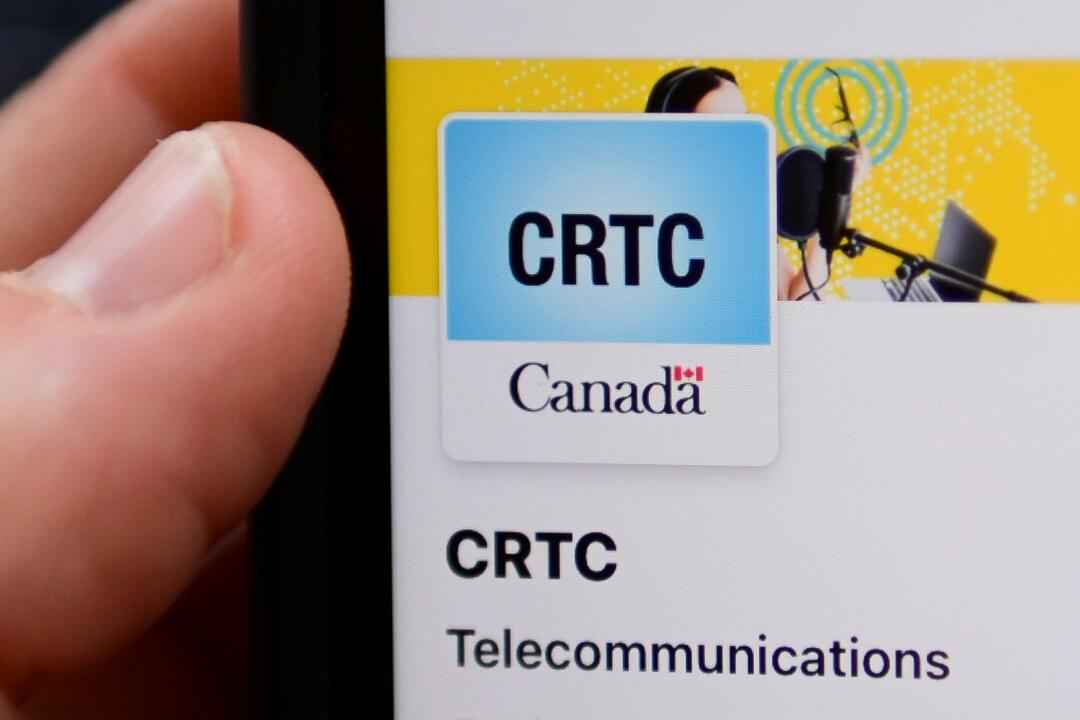Bill C-18, the Liberal government’s pending Online News Act, will give the Canadian Radio-television and Telecommunications Commission (CRTC) power to determine if media organizations follow a certain “code of ethics” in order to be eligible for news-sharing negotiations with large digital platforms, a Senate committee recently heard.
Scott Shortliffe, the CRTC’s executive director of broadcasting policy, appeared before the Senate Standing Committee on Transport and Communications on May 2 to speak on matters relating to the pending legislation, as first reported by Blacklock’s Reporter.





